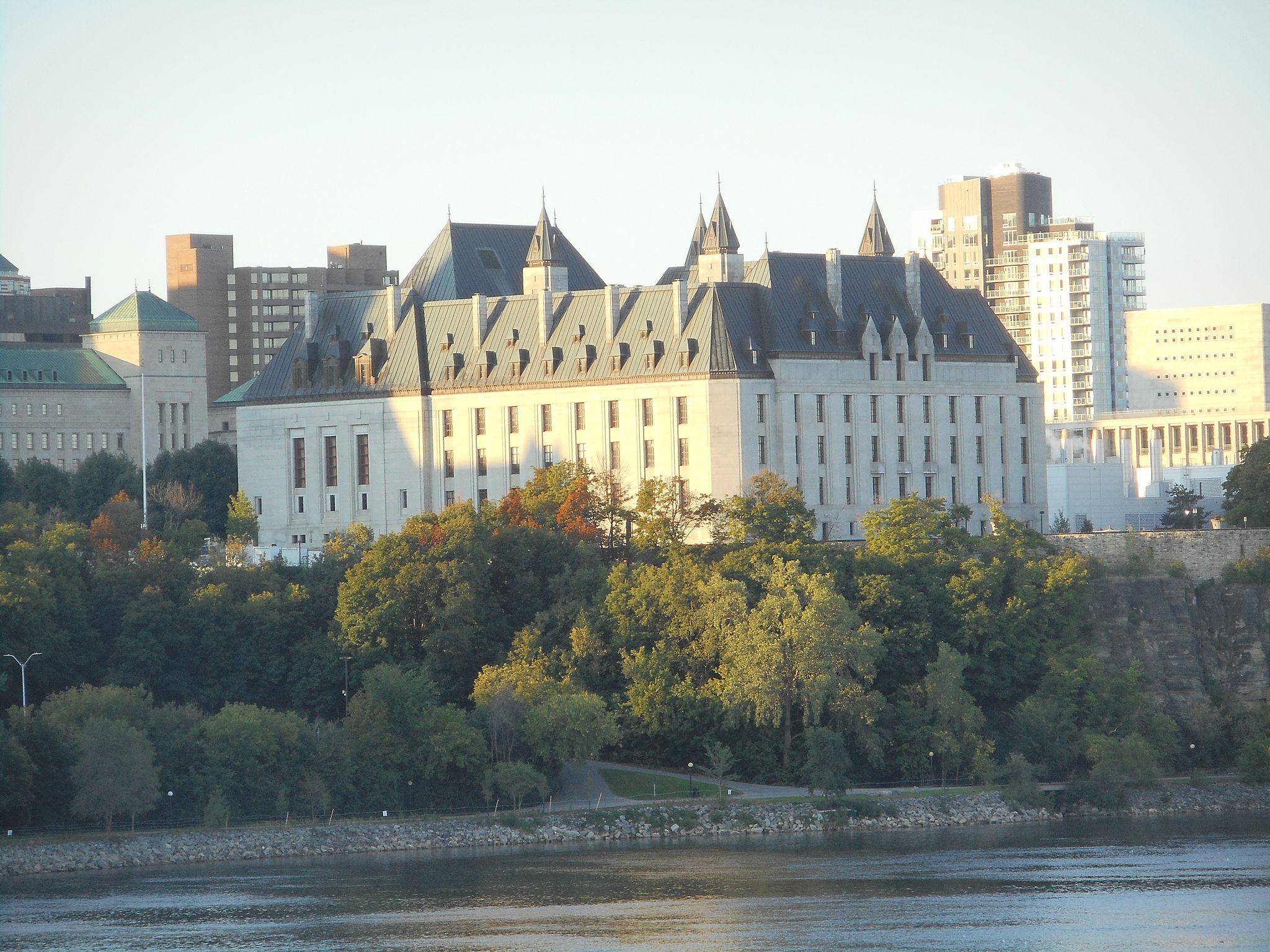Malcolm Rowe, lawyer, public servant, university lecturer, Supreme Court justice (born 1953 in St. John’s, NL). Malcolm Rowe is an expert in international law. After working in the public service in Ottawa and in Newfoundland and Labrador, Rowe served as a justice with the Newfoundland and Labrador Supreme Court’s trial division and then with its Court of Appeal. He was appointed to the Supreme Court of Canada on 28 October 2016. He is the first Supreme Court justice from Newfoundland and Labrador.

Early Life
Malcolm Rowe was born in St. John’s to parents who had lived and worked in small fishing communities. Rowe earned both a Bachelor of Arts and a Bachelor of Science from Memorial University in 1975. In 1978, he earned his Bachelor of Laws from York University’s Osgoode Hall Law School. That year, he was called to the bar of Newfoundland and Labrador.
Federal Public Service
Malcolm Rowe began his public service career as a clerk assistant and procedural advisor for the speaker of Newfoundland and Labrador’s House of Assembly. He moved to Ottawa in 1980 to become a foreign service officer with the federal Department of External Affairs (now Global Affairs Canada). He then served as an advisor to fisheries minister John Crosbie and his successor, Brian Tobin. Among the issues Rowe championed was the right of Indigenous people to fish for food as a part of their cultural identity.
Legal Career
Rowe left the public service in 1984 to become an associate at the Ottawa office of the law firm Gowling and Henderson. He later became a partner there. In 1986, he became a member of the Law Society of Upper Canada. In 1992, in recognition of his merit and contributions to the practice of law, he was appointed to the Queen’s Counsel.
Among the important cases with which Rowe was involved was the establishment of a maritime boundary between Canada and the French territory of Saint-Pierre et Miquelon (islands off Newfoundland and Labrador’s south coast). He was also on the legal team in a case concerning the overfishing of the Grand Banks and in the writing of a new United Nations convention regarding fishing in international waters. From 1994 to 1995, Rowe served as the Canadian Bar Association’s chair of International Law Section.
Provincial Public Service
Rowe returned to public service in Newfoundland and Labrador in early 1996. He was the government’s clerk of the executive council and secretary to Premier Brian Tobin’s cabinet. Rowe was also an advisor to the legal team handling a case disputing the jurisdiction of North Atlantic fisheries. Spain had brought the case against Canada at the International Court of Justice in 1996. Rowe was also a key player in helping the Newfoundland government navigate the legal and constitutional complexities involved in replacing the religious school system with a single public system.
Provincial Justice
In 1999, Rowe became a justice with Newfoundland and Labrador Supreme Court’s trial division. In 2001, he was promoted to its Court of Appeal. Among the significant cases on which Rowe ruled was R v. J.J. (2004). It established the legitimacy of sentencing circles for Indigenous offenders. (See also Rights of Indigenous Peoples in Canada.)
Supreme Court of Canada
In October 2016, Prime Minister Justin Trudeau nominated Rowe to serve as a justice on the Supreme Court of Canada. He was the first Supreme Court nominee to face questions from a seven-member panel as part of the vetting process that had been adopted in August 2016. When sworn in on 31 October 2016, Rowe became the first Supreme Court justice from Newfoundland and Labrador.
Rowe has offered dissenting opinions on several important cases. Among them are Nevsun Resources Ltd. v. Araya (2020), in which the court decided that a private company can be held liable in Canada for breaking the law abroad. Rowe argued that the decision invited an encroachment of the federal government’s legislative and executive powers.
In 2021, six members of the court agreed on the constitutionality of the federal government’s Greenhouse Gas Pollution Pricing Act, which imposed a price on carbon. Rowe, however, agreed with the governments of Alberta, Ontario, and Saskatchewan that the law was unconstitutional because it encroached on the provinces’ ability to control their natural resources.

Other Activities
Rowe wrote several articles addressing legal matters involving international law and public justice. From 1991 to 1993, he also taught at the University of Ottawa’s law school. He chaired the advisory committee on the Federal Judicial Appointments for Newfoundland and Labrador from 2006 to 2012. He also chaired the Canadian Bar Association’s International Law Section and served on the board of the Canadian Superior Courts Judges Association.
Personal Life
Malcolm Rowe was married to Moya Greene, a businesswoman and fellow Newfoundlander. She served as CEO of both Canada Post and the United Kingdom’s Royal Mail. They are divorced but have a daughter together.

 Share on Facebook
Share on Facebook Share on X
Share on X Share by Email
Share by Email Share on Google Classroom
Share on Google Classroom






